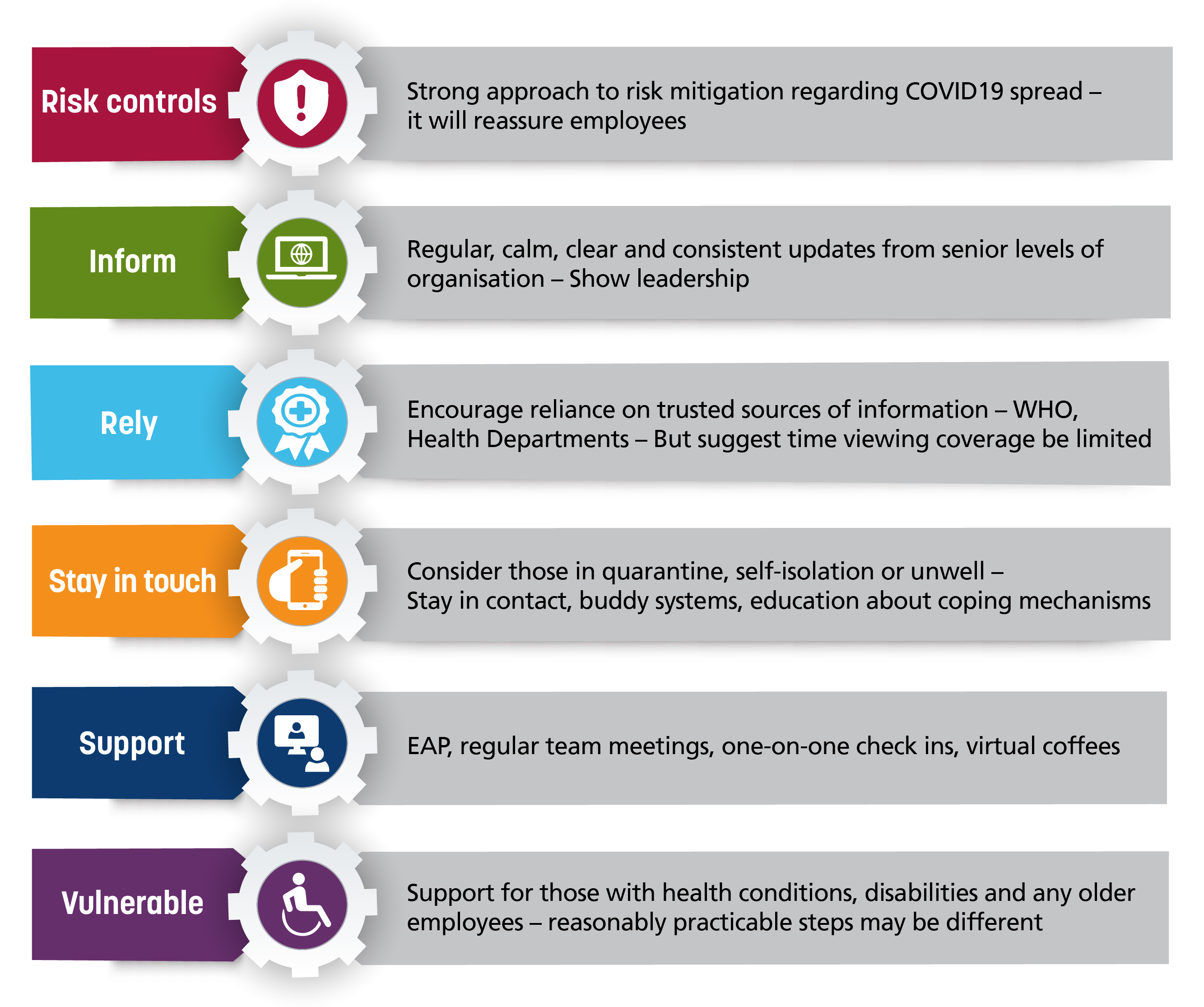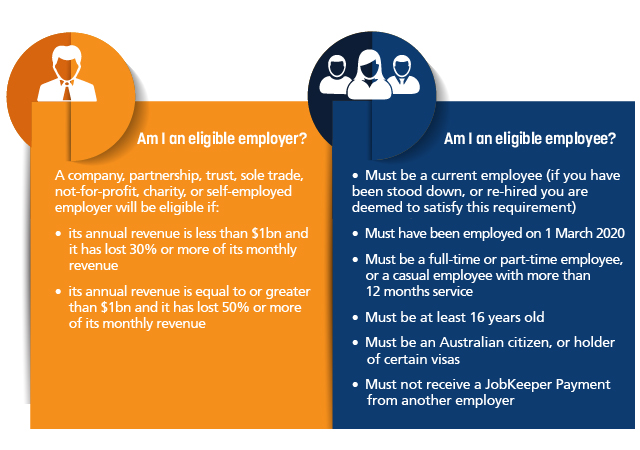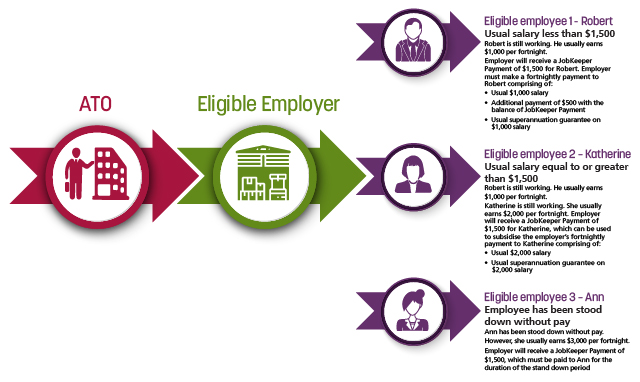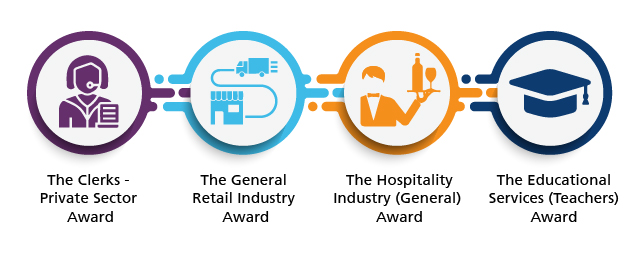Workplace COVID-19 weekly wrap-up on 3 April 2020
03 April 2020We know there is a lot of information floating around at the moment for employers on the impacts and responses to COVID-19. We want to keep you informed but don’t want to flood you with more information as we know that can be overwhelming.
That’s why we have decided to do a weekly wrap up of COVID-19 workplace issues. It will cover the issues you need to know about each week including important changes to laws or industrial instruments in response to COVID-19 and some of the key issues facing employers.
For the sections with infographics, please click on the image to read more.
With the fast moving COVID-19 pandemic inevitably leading to mental health ramifications, employers are looking for practical ways to support their employees' mental health and wellbeing.
Employee wellbeing and mental health
Although unprecedented, WHS and employment laws still apply. From a WHS perspective, this requires duty holders to take all reasonably practicable steps to provide a safe workplace for workers and other persons, including by eliminating or minimising risks to psychological health.
The two main elements to the psychological impacts of COVID-19 are (according to Dr Norman Swan):
- anxiety caused by people feeling Governments and employers are not providing transparent or fulsome information; and
- the impacts of isolation, including people being removed from their normal support networks and their usual coping strategies.
Some of the practical things we suggest duty holders should consider relating to employee mental health and wellbeing include:
Additional resources about managing mental health and wellbeing during the COVID-19 pandemic are available from organisations including the WHO, Beyond Blue, Lifeline and Headsup.
JobKeeper payments
Changes proposed for most Modern Awards
Amendments to the Clerks Private-Sector Award
Do you employ administrative or clerical workers? What the COVID-19 changes to the Clerks Award mean for you.
What happened: With effect from 28 March 2020 until 30 June 2020, the Clerks Private Sector Award 2010 (Clerks Award) has been varied in response to COVID-19.
The changes to the Clerks Award follow similar changes to the Hospitality Industry (General) Award 2010 the week prior, and are designed to provide flexibility during the COVID-19 pandemic by attempting to keep employers in business and maintaining employment for a large group of Australian employees.
Who’s impacted: Employers with employees covered by the Clerks Award, including those who perform clerical, payroll or administrative duties. It is estimated that over 14% of Australian employees are employed as clerical and administrative workers.
The changes
Alternative duties: employees may be directed to perform duties outside their classification, provided the duties are safe and within their ‘skill and competency’. However, pay must not be reduced.
Span of hours: increased for workers working from home to between 6.00 am and 11.00 pm Monday to Friday and between 7.00 am and 12.30 pm on Saturday.
Minimum shifts: reduced to 2 hours per shift for casual and part-time employees working from home.
Reduction of ordinary hours: part time and full time employees may have their hours reduced to 75% of ordinary hours and their pay reduced proportionately. 75% of full time and part time employees in the workplace must vote to approve. Unions must be notified of the vote.
Annual leave at reduced pay: either by agreement, or on one week’s notice by direction, employees may take up to twice as much annual leave at a proportionately reduced rate of pay (including during a close down). An employee’s leave balance must not fall below 2 weeks unless close down applies.
Close downs: employees may be directed to take annual leave due to a close down on one week’s notice. Where a direction to take annual leave is due to an employer close down and the employee does not have enough leave, the employer can direct the employee to take unpaid leave. The unpaid leave will count as service.
Potential school closures: What this means for your workforce
With announcements by governments about the shut-down of non-essential services, employers across Australia are assessing the implications for their workforce and operations. In particular, the impact of potential school and child-care closures and the ability for parents to elect to keep their children at home.
This throws up some obvious questions for employers about what leave, if any, employees who have to care for their children are able to access.
Our colleagues Felicity Edwards and Sam Jackson explore these issues further in this article.








